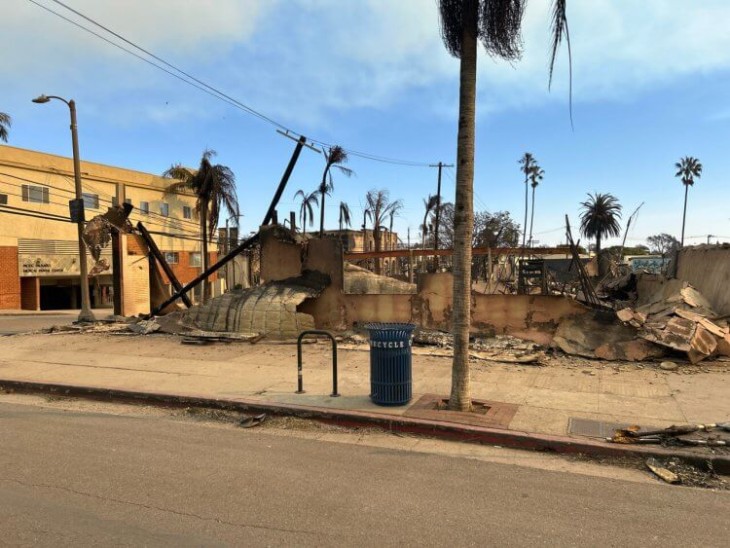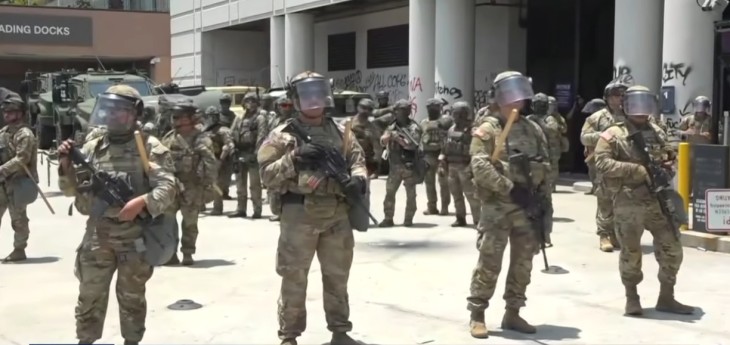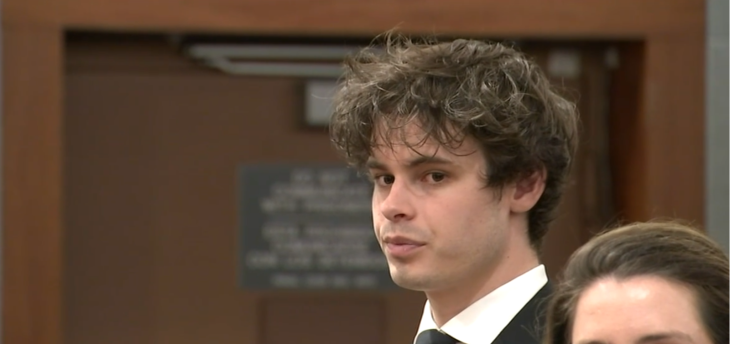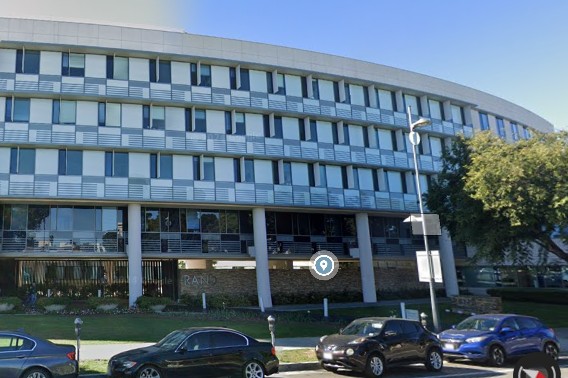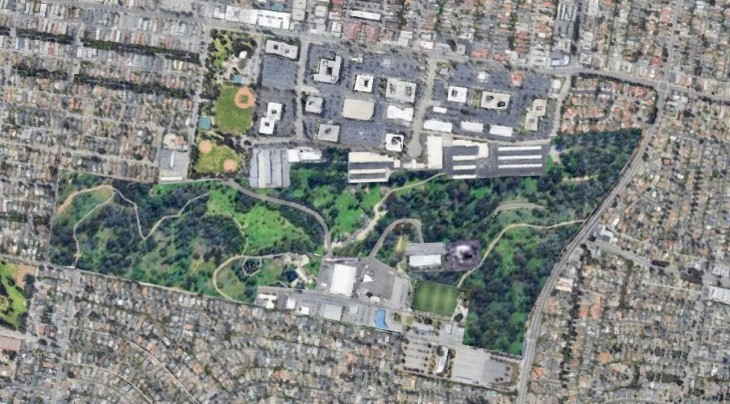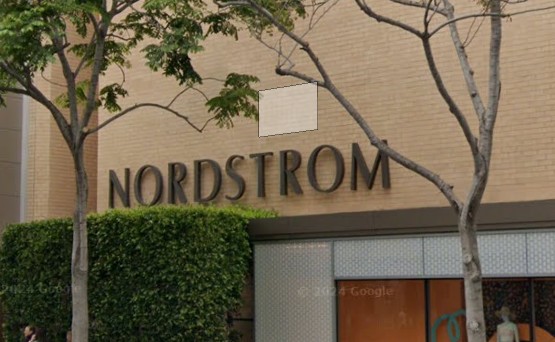Special election also possible.
By Sam Catanzaro
Los Angeles County Superior Court Judge Yvette M. Palazuelos has ruled in favor of the Pico Neighborhood Association in a voting rights case against the City of Santa Monica, putting the future of at-large elections at stake in the City. The decision, which was handed down on November 5 and filed on November 8, was released to the public on November 13, says at-large elections in Santa Monica are in violation of the California Voting Rights Act (CRVA).
Both sides will appear in court December 7 for a post-trial hearing to decide the appropriate solution for violating the CVRA.
While the City said they plan on appealing the ruling, R. Rex Parris of Parris Law Firm, an attorney representing the plaintiffs, told the Santa Monica Mirror that he is “99 percent certain” Santa Monica will change to district-based elections.
“I’m 99 percent certain that they are going to turn it into districts,” Parris said. “This means there will be a change in the power structure of Santa Monica. It will mean that people who are not able to raise hundreds of hundreds of thousands of dollars will now be able to compete in an election.”
Depending on what is decided at the December 7 hearing, Parris told the Mirror that the plaintiffs will ask the City to hold a special election to elect new City Councilmembers.
“As soon as that order becomes final the people sitting in office are sitting there illegally,” Parris said. “We will be asking her to order a special election.”
The case, Pico Neighborhood Association et al. v. City of Santa Monica, pitted voting rights advocates against the City of Santa Monica. The plaintiffs, led by resident Maria Loya, argue that the City’s at-large election system dilutes the Latino vote in City Council elections and is in violation of the 2002 California Voting Rights Act, which was passed to increase opportunities for Latinos and other minorities to elect representatives of their choice.
The City, however, argues that Latinos do enjoy success in City Council elections, pointing to Latino Councilmember Tony Vazquez, who is one out of seven councilmembers. Defense lawyers argue that this makes City Council 14.3 percent Latino, greater than the 13.1 percent of the City’s 89,736 residents who are Hispanic or Latino. The City also points to Mayor Pro-Tempore Gleam Davis, who testified during the trial that her adopted parents told her that her biological father is from Mexico.
The City also argues that district-based elections will not substantially enhance Latino voting power. In addition, they claim that at-large elections make sense for the 8.3 square mile city, pointing to the fact that voters have twice rejected district-based elections in 1972 and 2002.
In a press release Tuesday, attorneys for the City indicated that they plan on appealing Judge Palazuelos’ decision.
“We received today the court’s tentative ruling. We are disappointed that it contains no reasoning in support of the court’s decision, which we believe is based on an unjustified adoption of the plaintiffs’ misguided and unsupported view of the law. In accordance with the court’s order, we will file briefing on the issue of remedies. Once the court’s ruling is final, we plan to appeal, which will allow the California Court of Appeal to address the significant legal issues of first impression posed by this case,” said defense lawyer Theodore J. Boutrous Jr., Gibson Dunn & Crutcher LLP.
Plaintiff attorney Parris, however, is confident that his plaintiffs will prevail in the event of an appeal and that they appeal by the City is a misuse of taxpayers’ dollars.
“Nobody has ever prevailed against a judge who has ordered a district-wide election because that clearly is the favored policy of the law,” Parris said. “All they want to do is spend the taxpayer’s money in order to stay in office…If I was a citizen of Santa Monica, I would be outraged that they spent millions of dollars, and indicate that they will spend millions more, just so they can stay in office illegally”
The Santa Monica Mirror has reached out to the City asking how much they estimate will be spent on legal fees in an appeal, but they have not responded at the time of publishing.







